Gout is a common condition that causes joint pain, usually affecting one joint at a time. It occurs due to inflammation: when too much uric acid (serum urate) builds up in the blood, inflammation develops in or around the joint, causing severe pain and swelling. For this reason, it is often referred to as a form of inflammatory arthritis.
Hyperuricemia, a medical term for excess serum urate in the blood, is the primary cause of inflammatory arthritis. The presence of this substance in the body is usual. It is a waste product of metabolism made when purines are broken down. However, a higher-than-normal amount of uric acid in the body can negatively affect the body. Excess uric acid crystals gather in tissues, fluids, and joints, which causes inflammation.
Hyperuricemia does not necessarily mean gout will occur. If inflammation does not occur, there is no need for treatment. Many people with high uric acid levels in the blood don't develop gout. However, the risk increases the longer it is left untreated.
You may wonder what causes gout to occur in the first place. Hyperuricemia explains how gout develops in the body, but what causes a uric acid build-up? Although scientists don't know why hyperuricemia occurs, several factors have been observed to increase the risk of developing gout. Here are the most common risk factors:
Age. Gout is more common among older people. Women usually develop it after menopause![]() , while men are at risk after they reach middle age. Gout is rarely observed in younger people, but its symptoms are generally more severe when it occurs.
, while men are at risk after they reach middle age. Gout is rarely observed in younger people, but its symptoms are generally more severe when it occurs.
Medical Conditions. Having underlying health problems![]() may eventually lead to gout. According to the National Library of Medicine and National Health Service, these medical conditions increase the risk of inflammatory arthritis:
may eventually lead to gout. According to the National Library of Medicine and National Health Service, these medical conditions increase the risk of inflammatory arthritis:
Sex. Gout is more likely to occur in men than in women.
Genetics. Having a relative with gout also increases the risk of developing this condition.
Lifestyle and diet. Having a specific diet, unhealthy lifestyle, and lack of physical activity may eventually lead to gout. Many habits and unhealthy eating preferences may cause inflammation in the joints, but these have been identified as the most notorious risk factors:

Certain medicines. Taking some medications also may increase the risk of developing gout. These include:
If you feel like your big toe, knee, elbow, or other joint is on fire, then there is a high chance that you are suffering from gout. Usually, only one joint is affected; in most cases, it is a big toe![]() . Gout may also develop in other joints, which include:
. Gout may also develop in other joints, which include:
Symptoms are usually the same regardless of which joint gets swollen and inflamed. These may include:
Sometimes, fever may accompany pain and skin symptoms. If you have a high body temperature and your symptoms keep worsening, you should seek immediate medical care, as it may indicate an infection in the joint.
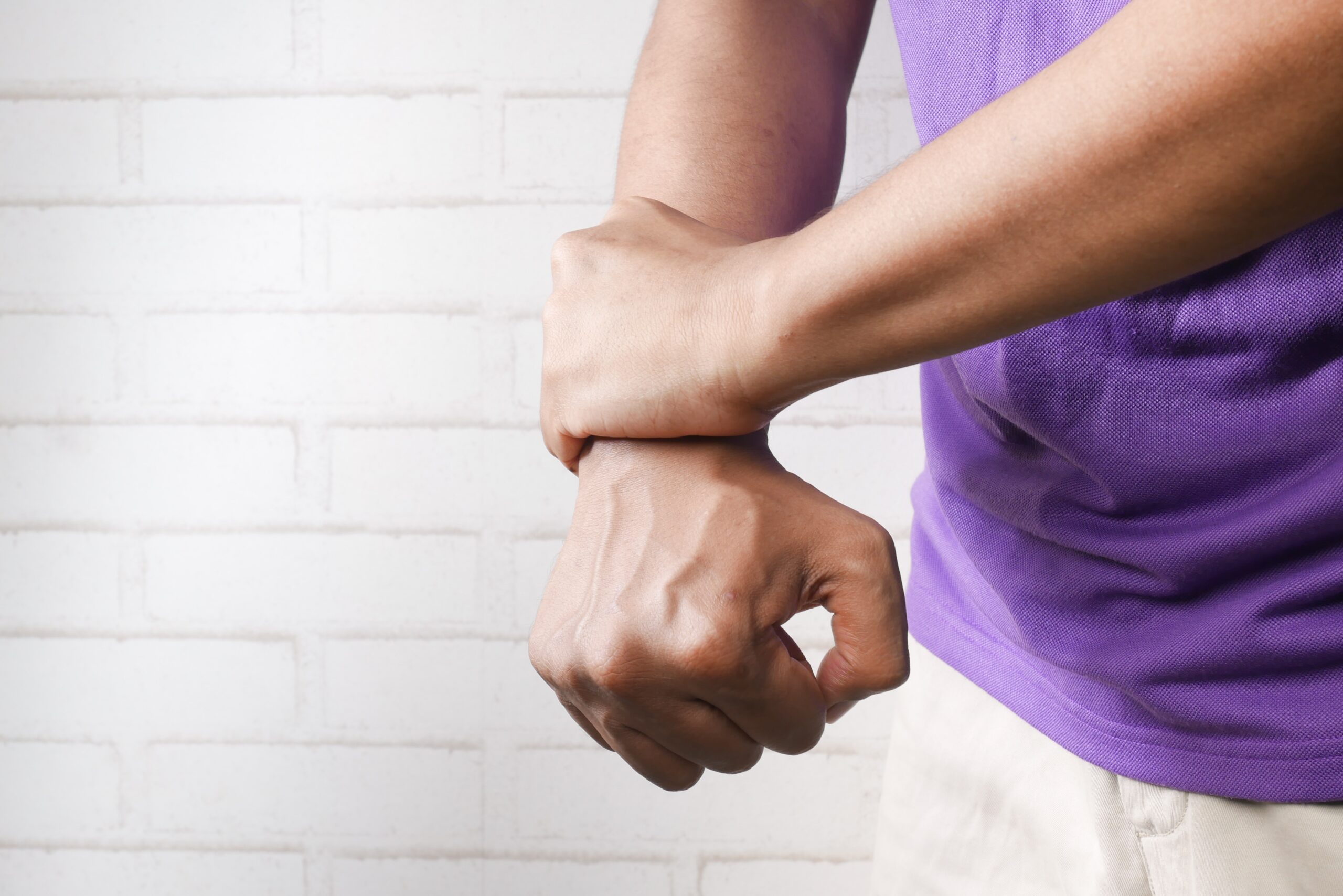
Doctors typically describe gout or gout flare-ups as when symptoms occur. Gout flare starts suddenly and usually lasts several hours![]() . Gout symptoms may sometimes persist for a few days or longer. Many people experience gout flare for the first time at night.
. Gout symptoms may sometimes persist for a few days or longer. Many people experience gout flare for the first time at night.
Gout flares are characterized by their frequency. Some people experience them more often than others. Specific triggers or risk factors may increase the times they occur. There are usually no symptoms between gout flares.
If gout is left untreated, more health conditions may develop due to long-lasting damage caused by joint inflammation. These complications have been linked with untreated, severe, or poorly managed gout:
Diagnosis of gout includes a doctor's assessment of the patient's symptoms, physical exam, medical and family history, and laboratory tests. A doctor may also ask about medications a person takes, whether they drink alcohol, and their diet.
Examination of gout may not bring satisfying results if a gout attack is not occurring. Visible symptoms such as skin redness, stiffness, and swelling around the affected joint help determine if a person has joint inflammation. Otherwise, a doctor may order additional tests to rule out conditions that mimic gout symptoms. These usually include:
There is no cure for gout, but fortunately, this condition can be effectively managed with proper management strategies, medication, and lifestyle changes, including diet. The main goal of treatment is to lower the level of uric acid in the blood and reduce inflammation and frequency of gout flare-ups. Depending on gout triggers and accompanying health problems, a doctor may recommend different anti-gout strategies.
To reduce symptoms of gout flare itself, doctors usually prescribe the following medications:
Gout pain should disappear up to 48 hours after starting the treatment. Most people notice a significant improvement within the first 24 hours.
In addition to regularly taking medicines, gout patients are often advised to change their dietary habits and lifestyle. Avoiding certain foods and incorporating physical activity prevent sudden gout attacks and reduce inflammation.
So, what can you do to treat gout at home? There are several things to consider:
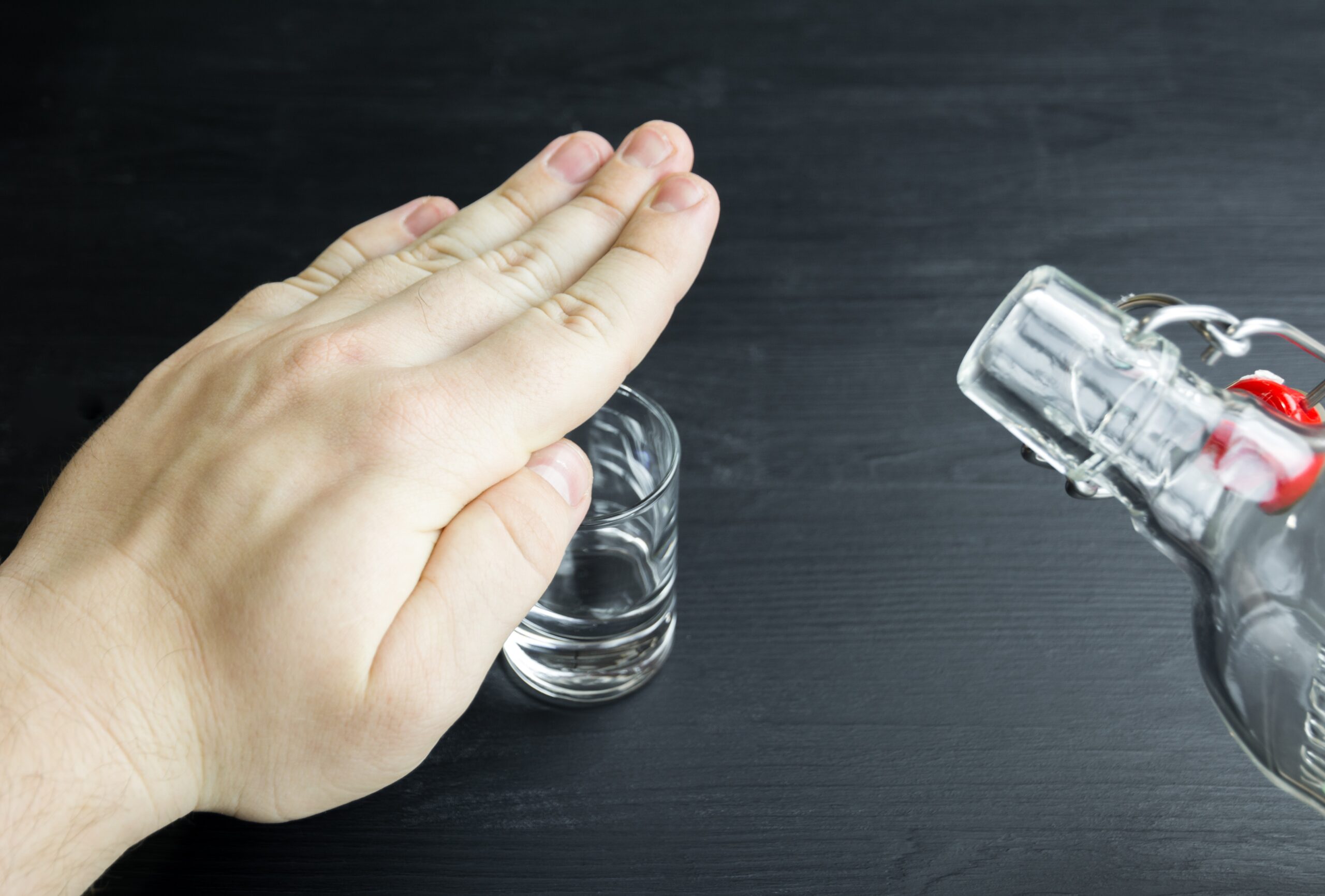
Obesity and being overweight make it harder to reduce urate levels and, thus, may increase the number of gout flares. A reduced-calorie diet and regular physical activity can aid you in your battle against inflamed joints.
Dietary recommendations designed by the Dietary Approaches to Stop Hypertension![]() (DASH) are worth a try while struggling with joint and skin problems.
(DASH) are worth a try while struggling with joint and skin problems.
Gout symptoms can get worse if the joint gets injured. Remember this fact when deciding on physical activity. Some sports are a better choice while recovering from inflammatory arthritis. You should go for low-impact activities, including walking, swimming, hiking, dancing, and cycling.
Table of Contents
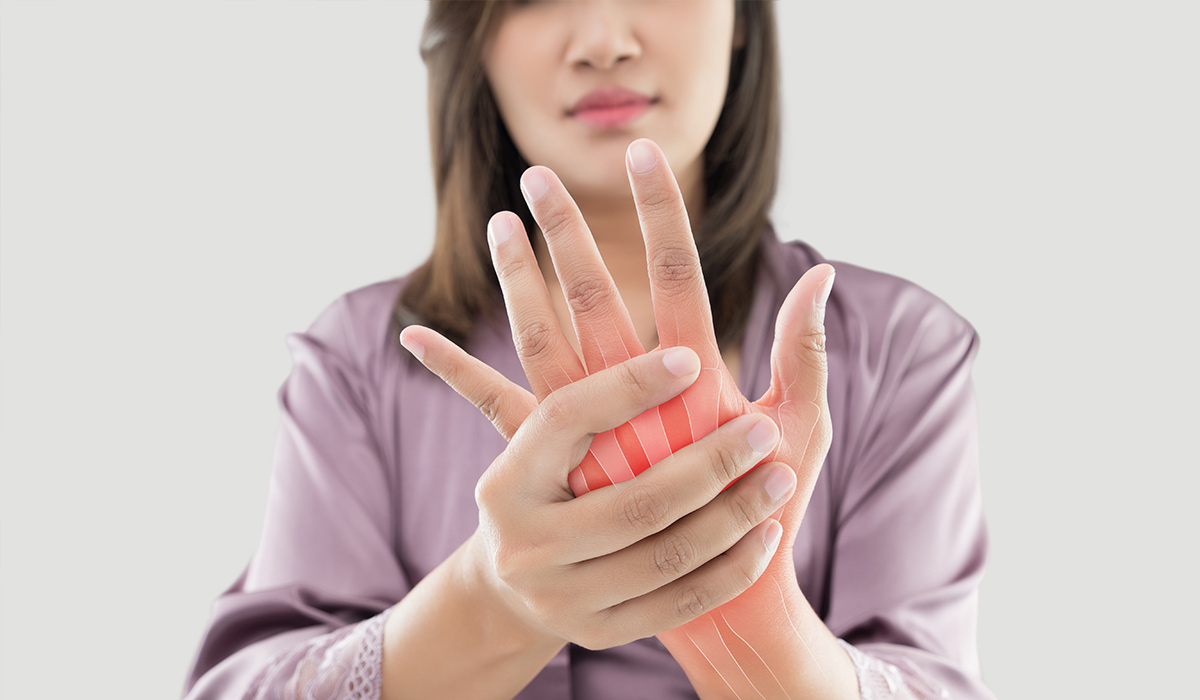
Muscle pain and stiffness – these can be the first symptoms of arthritis. Learn about the most common types of… read more »
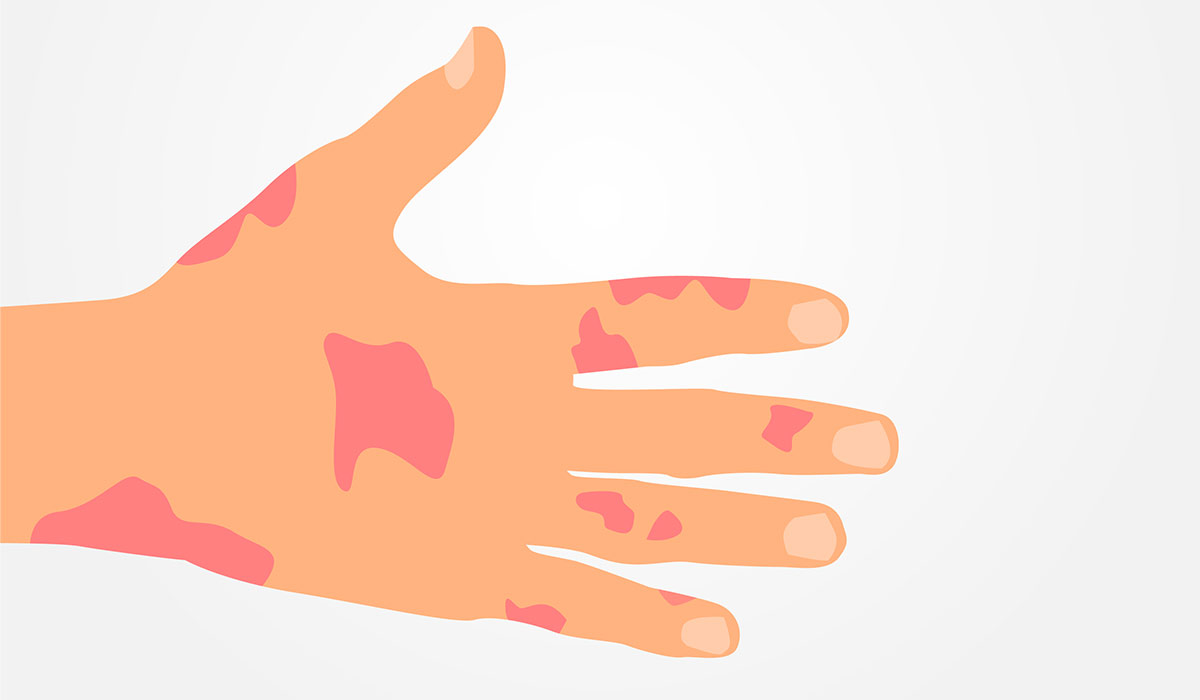
Psoriatic arthritis is a long-lasting inflammatory disease of the joints in patients with psoriasis, which can cause joint destruction and… read more »
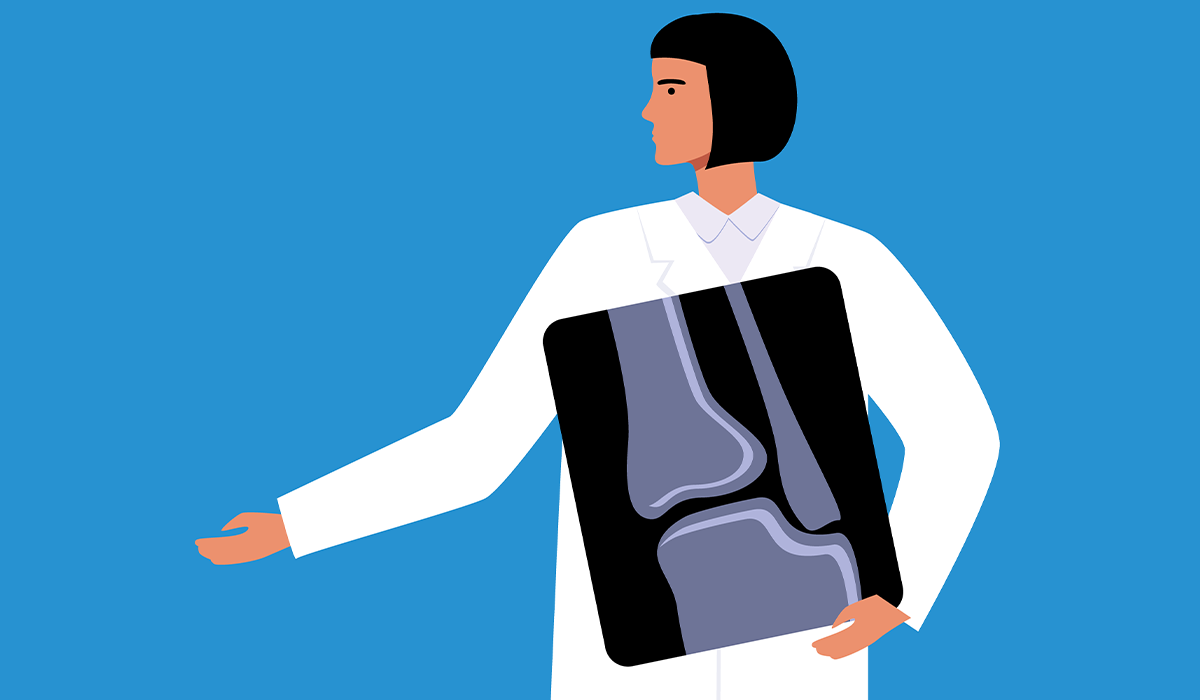
A rheumatologist is a doctor who specializes in rheumatic diseases, which are diseases of joints, muscles, and bones. What tests… read more »
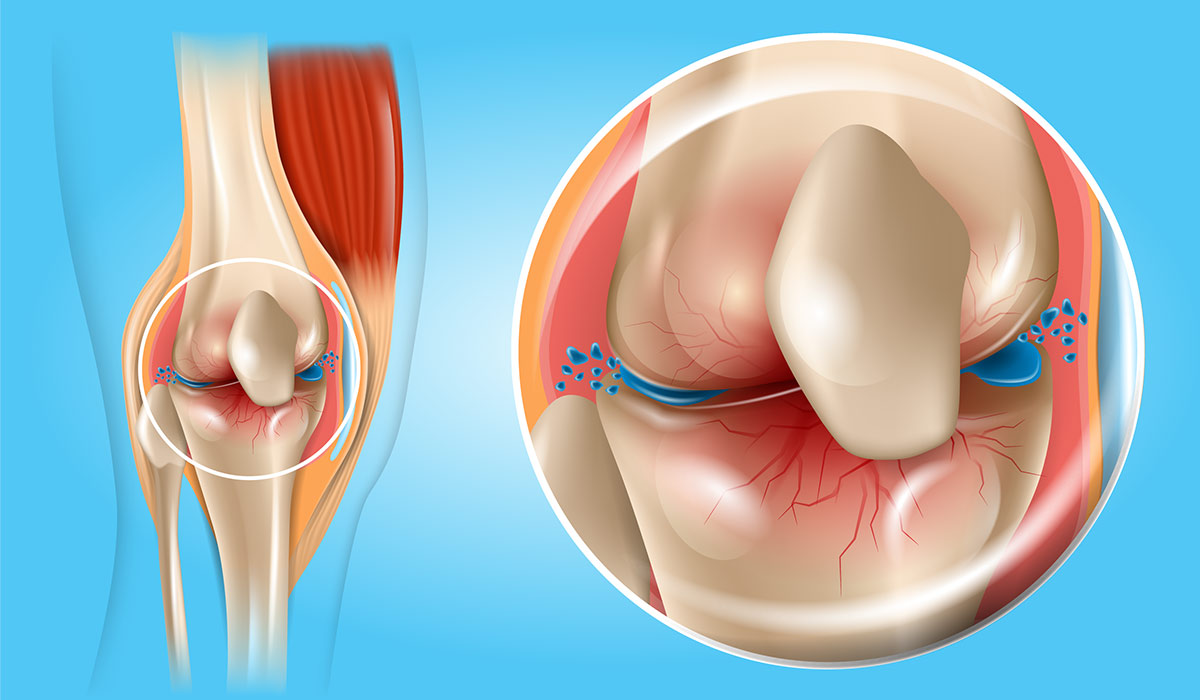
Osteoarthritis is a disease that most often affects children and the elderly. What are its causes? How can it be… read more »
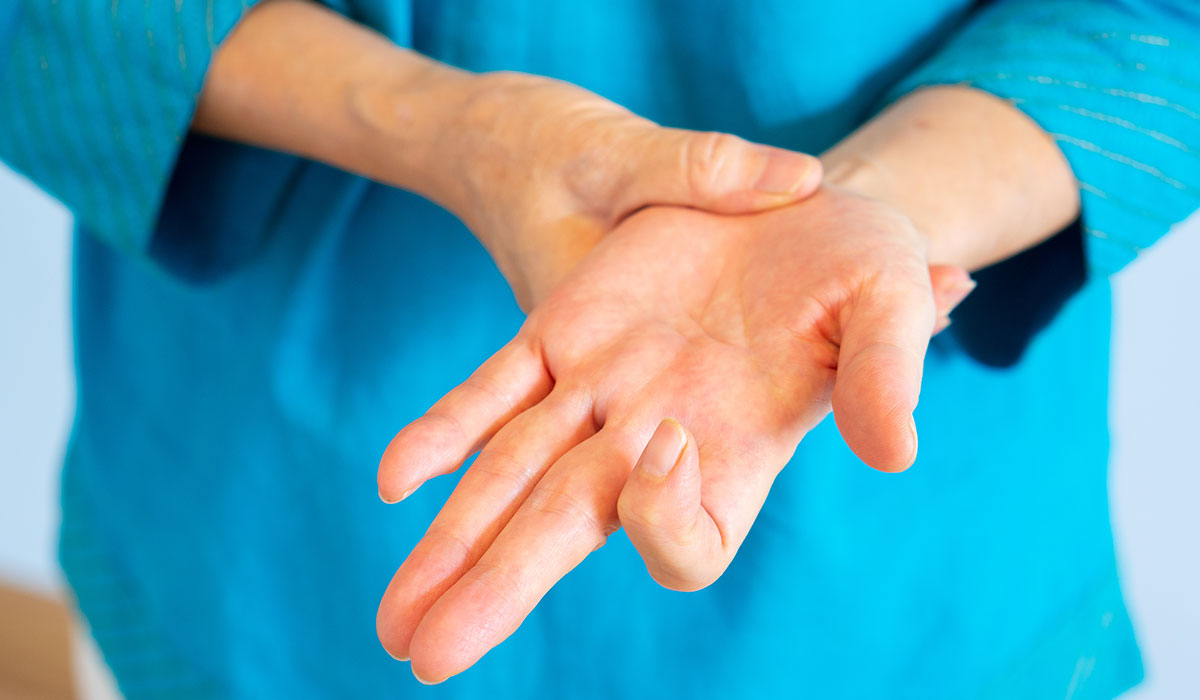
Trigger finger is a condition that impairs daily functioning. The effectiveness of treatment depends on the severity of the symptoms.… read more »
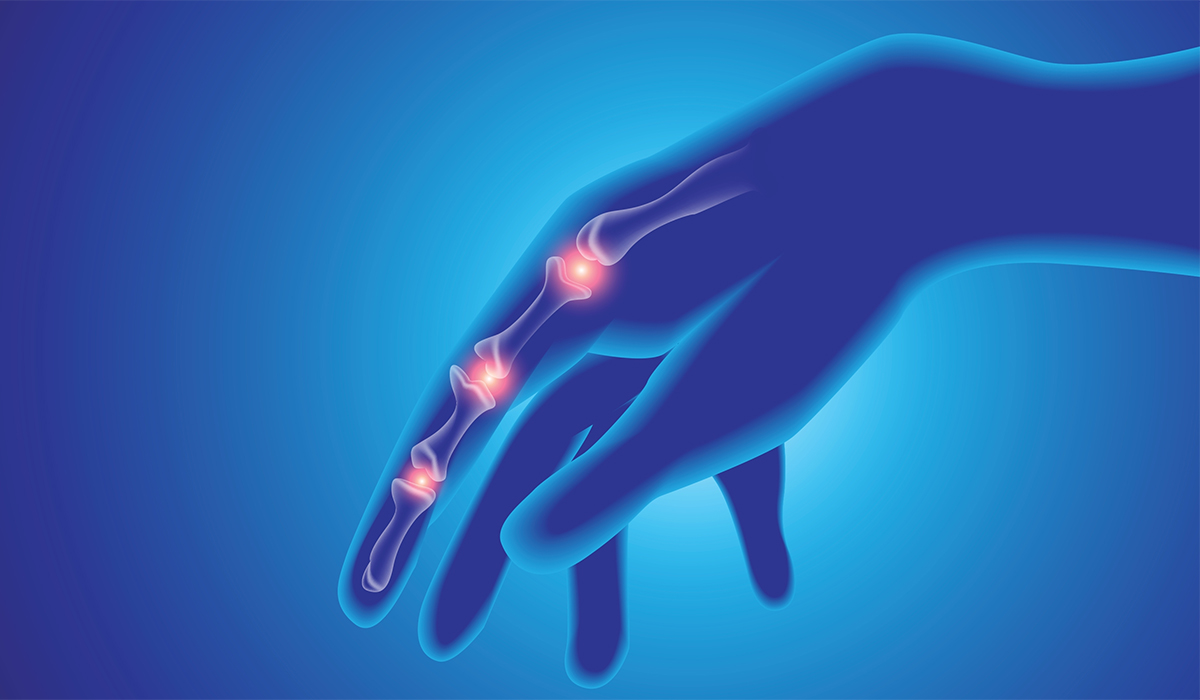
Rheumatoid arthritis is a chronic, progressive autoimmune joint disease. What are its causes? What are the symptoms of the disease… read more »

Inflammation is the body's defensive response to stimuli that damage its tissues. What are the symptoms of inflammation? Find out… read more »
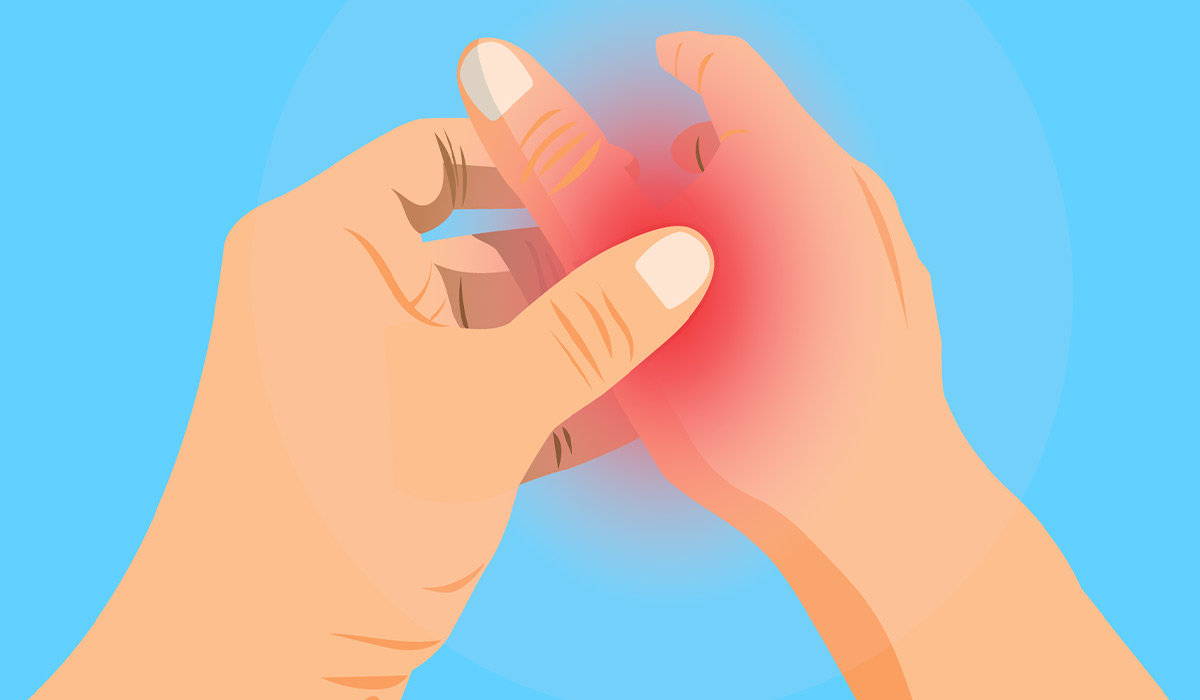
Finger pain is a common occurrence in a great number of people at some point. The symptoms can be light… read more »
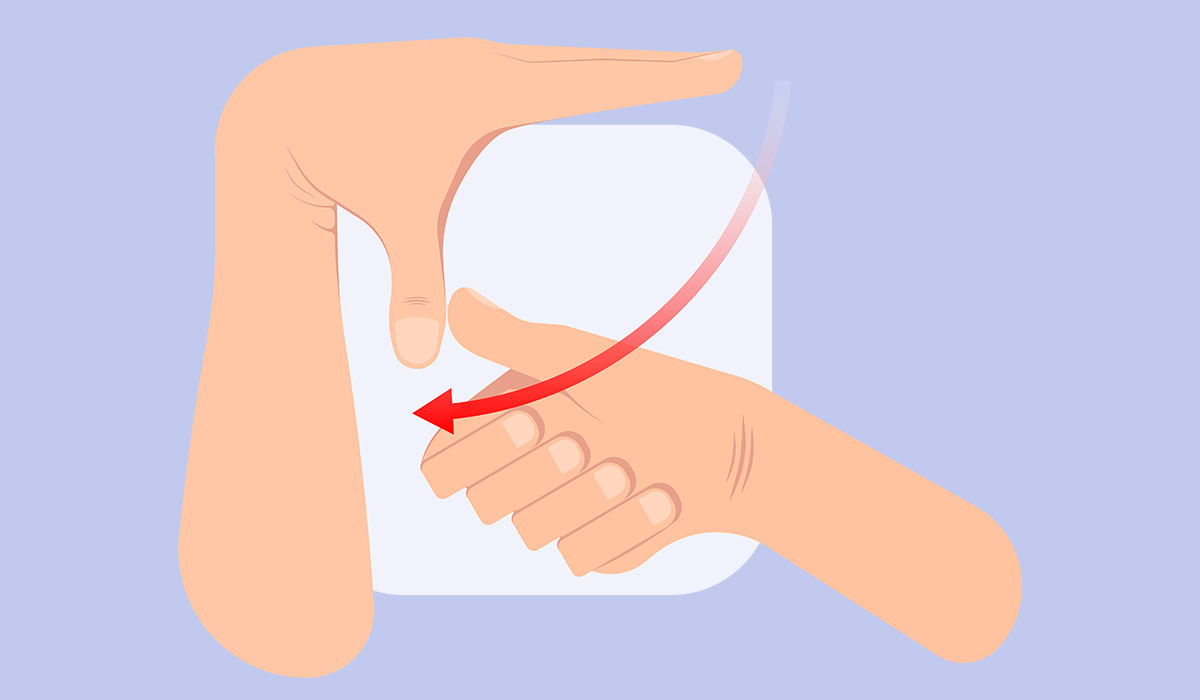
Ehlers-Danlos Syndrome is a group of diseases with a genetic basis. Learn all the symptoms associated with EDS. Find out… read more »